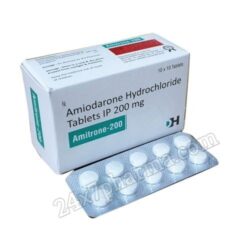Appetite
Showing 1–16 of 30 resultsSorted by latest
Ciplactin Plus Syrup 200ml
Original price was: $23.$19Current price is: $19.Amiodar 200mg Tablet 30’S
Original price was: $21.$18Current price is: $18.Practin Pearls 4mg Capsule 30’S
Original price was: $10.$8Current price is: $8.Neopedine 2mg Syrup 200ml
Original price was: $20.$17Current price is: $17.Most of us are aware of the whirlwind of your eating habits. There are times when we are struggling to eat enough food or have enough some, and some days we do not really care about food in any way. While we can blame it on “being exhausted,” there’s actually a lot more going on beneath our skin.
Science Behind Appetite
The hormones that control our appetites regulate us like ghrelin and leptin. Ghrelin is frequently described as” the “hunger hormone” because it signals your brain it’s thirsty. Leptin is however called” the “satiety hormone” because it signals the brain that it’s hungry.
The hormones they regulate are influenced by a variety of factors including the patterns of sleep, stress levels the blood sugar levels, and the patterns of sleep. When we’re stressed, our body releases cortisol, which increases hunger.
In the similar way, if you’re sleeping insufficiently as ghrelin levels are rising and the levels of leptin decrease which causes us feel more hungry than we normally. When our blood sugar levels are at lower levels, you feel cravings for food that are related to hunger.
The link between Appetite as well as Mood
This is to suggest that there’s a substantial relationship between our eating habits and our state of mind. When we’re unsatisfied, whether that’s anger or sad our appetites are usually the result of this. It’s possible to overeat or eat less in order to manage our emotions.
On the other hand, eating what we eat may affect our moods too. For instance research has shown that eating refined carbs (think white pasta and bread) along with sweets can trigger increases in insulin levels and the levels of blood sugar (BSLs) and could trigger feelings of fatigue or irritability.
On the other hand, foods like seafood (rich with omega-3 fats) as well as turmeric (a potent antioxidant) have been found to improve moods by fighting the inflammation process and balance serotonin which is a neurotransmitter located in the brains of many of us.
If you find yourself seeking out snacks because of stress or boredom, or you’re feeling overwhelmed, stop and consider what’s driving you to consume food. Are you really hungry?
Or are you eating food as a way to cope with your emotions If yes, try looking for something healthy rather than consuming a constant supply of unhealthy snack foods. The body as well as mood will thank you for it.
















